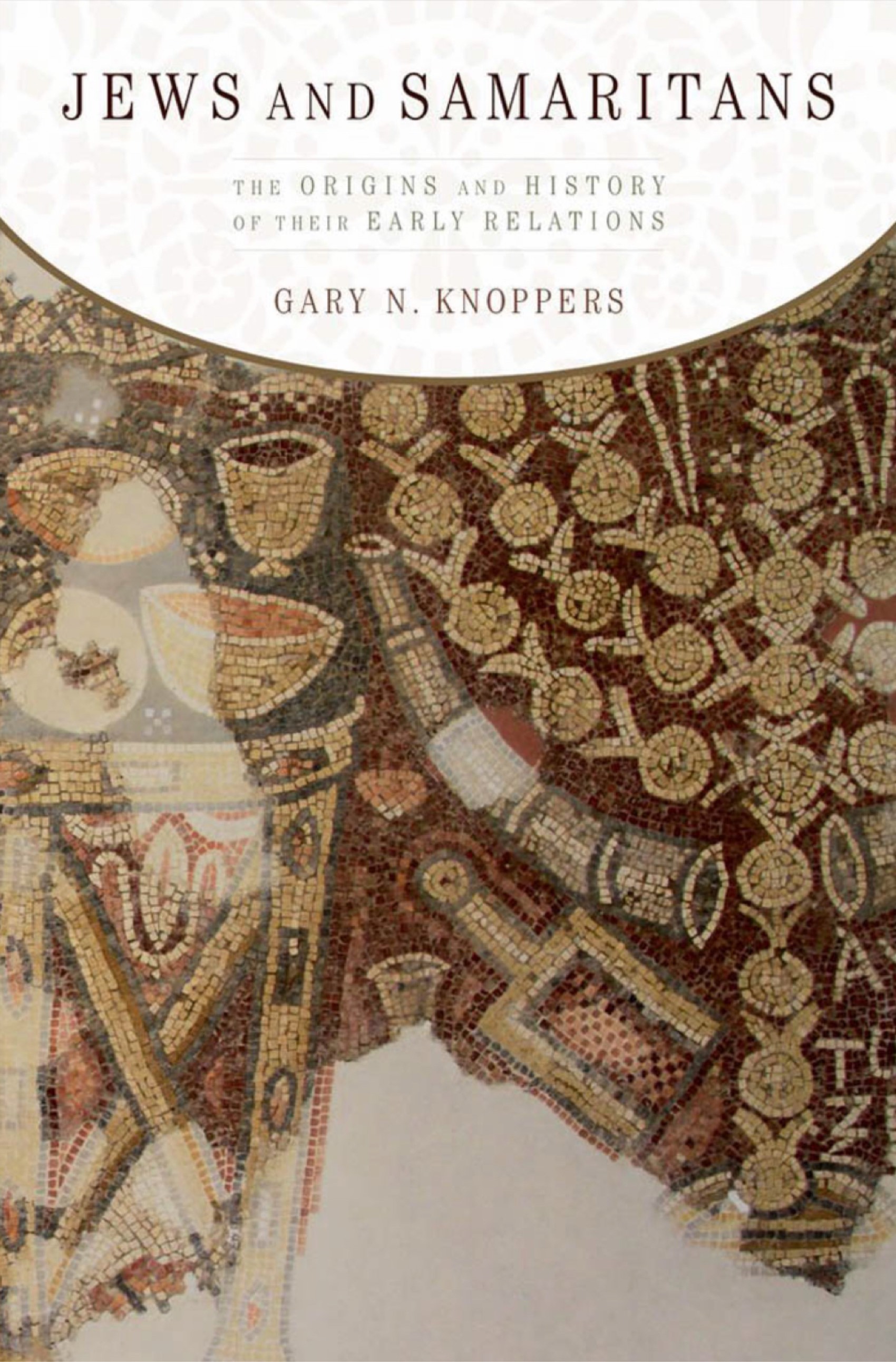The Holy Scripture of Samaritans is the Torah. Do Samaritans belong to the Jewish people?
The question of whether Samaritans belong to the Jewish people is not a simple one to answer, as it depends on how one defines Jewish identity. Samaritans claim to be descendants of the Israelites, the ancient people who followed the God of Abraham, Isaac, and Jacob, and who received the Torah from Moses at Mount Sinai. Samaritans refer to themselves as Benai Yisrael ("Children of Israel"), which is a term used by all Jewish denominations as a name for the Jewish people as a whole. They, however, do not refer to themselves as Yehudim (literally "Judeans"), the standard Hebrew name for Jews.
Samaritans and Jews share the same sacred text, the Torah, which they believe to be the original and authentic word of God. However, Samaritans reject all other Jewish scriptures, such as the Prophets and the Writings, and they have their own version of the Torah, which differs from the Jewish one in some places. Samaritans also have a different calendar, a different system of religious laws, and a different place of worship. Samaritans believe that Mount Gerizim, not Jerusalem, is the holy mountain chosen by God, and they perform their sacrifices and festivals there.
Samaritans and Jews have a long history of conflict and hostility, dating back to the time of the Babylonian exile and the Persian restoration. Samaritans opposed the rebuilding of Jerusalem and the temple by the returning Jews, and tried to sabotage their efforts². Jews considered Samaritans to be impure and heretical, and avoided any contact with them. The hatred between Jews and Samaritans was so intense that Jesus used it as an example of how to love one's enemies in the parable of the Good Samaritan ( Luke 10 verses 25 to 37 ).
Today, Samaritans and Jews have a more peaceful and respectful relationship, although they still maintain their distinct identities and beliefs. Samaritans are recognized as a separate ethnic and religious group by the Israeli government, and they have some rights and privileges as a minority. Samaritans and Jews also cooperate in some areas, such as genetic research and cultural preservation.
In conclusion, Samaritans and Jews have a common origin and a common scripture, but they have diverged in many ways over the centuries. Whether Samaritans belong to the Jewish people or not depends on one's perspective and criteria. Some might argue that Samaritans are a branch of Judaism, while others might contend that they are a separate religion. Ultimately, Samaritans and Jews are both children of Israel, and they both worship the same God.


